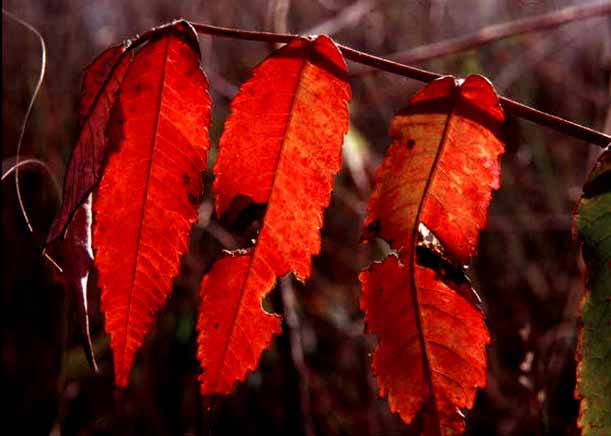X (ZEITER TEIL)
Alles Erworbene bedroht die Maschine, solange
sie auch erdreistet, im Geist, statt im Gehorchen, zu sein.
Daß nicht der herrlichen Hand schöneres Zörgen mehr prange,
zu dem entschlossenern Bau schneidet sie steifer den Stein.
Nirgends bleibt sie zurück, daß wir ihr ein Mal
entrönnen
und sie in stiller Fabrik ölend sich selbe gehört.
Sie ist das Leben,—sie meint es am besten zu können,
die mit dem gleichen Entschluß ordnet und schafft und zerstört.
Aber noch ist uns das Dasein verzaubert; an hundert
Stellen ist noch Ursprung. Ein Spielen von reinen
Kräften, die keiner berührt, die nicht kniet und bewundert.
Worte gehen noch zart am Unsäglichen aus . . .
Und die Musik, immer neu, aus den bebendsten Steinen,
baut im unbrauchbaren Raum ihr vergöttlichtes Haus.
|


